Choosing a clerical robe is like choosing any other item for your wardrobe—except that you’re doing it in a clergy clothing store and not in a department store. Selecting a robe is not merely a task to complete to look presentable for Sunday meetings, as it speaks volumes.
What you wear during your sermon boosts your confidence. It allows you to perform your duties in style and comfort. Clerical robes are more than a piece of clothing, as it helps convey your intended message.
As an essential piece of clergy attire, it demonstrates your vocation and authority. Hence, you’ll need to select a clerical robe that best fits you and the congregation you’re serving.
Choosing A Clerical Robe
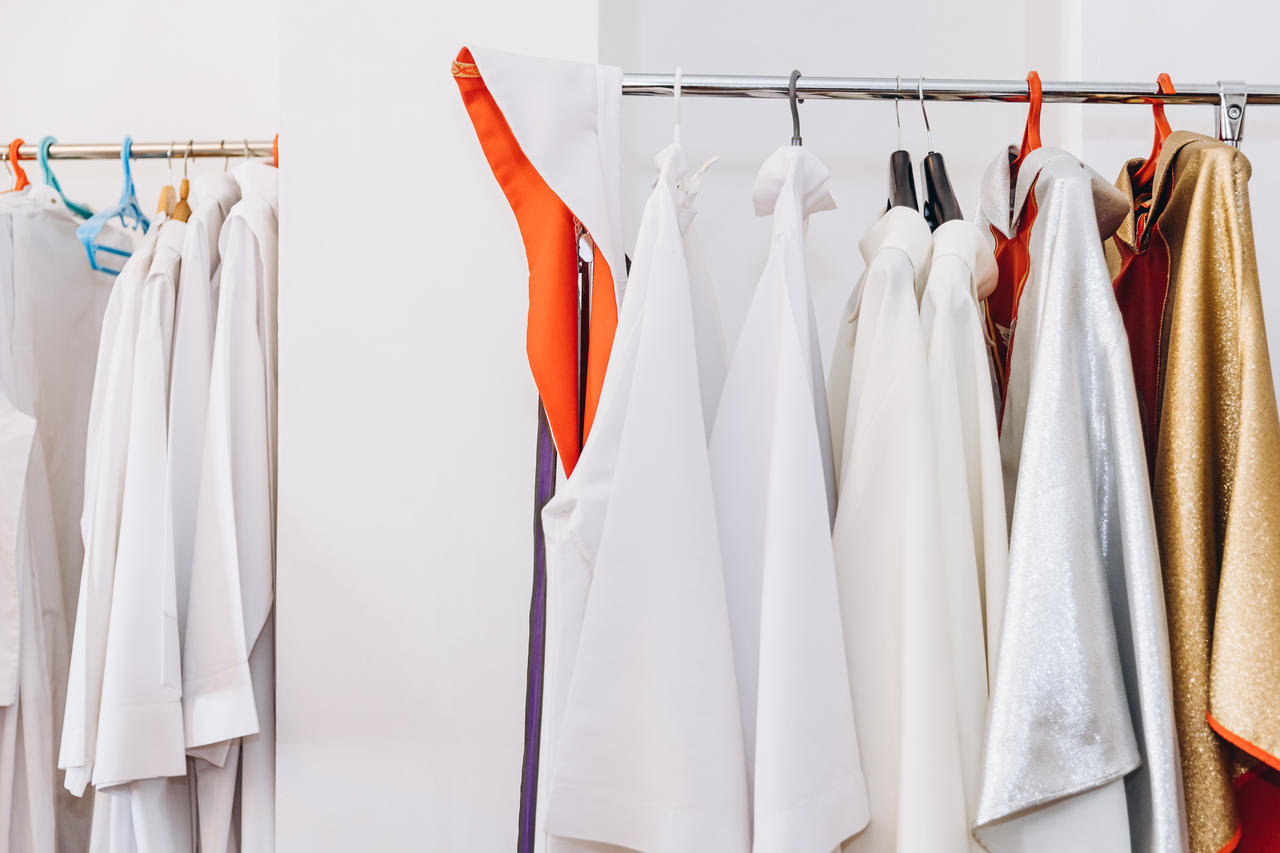 Clerical robes are made by specialty stores that you can personally visit. Some may even have online stores to make robe selection more convenient. In finding a suitable clerical robe, you’ll need to consider the following.
Clerical robes are made by specialty stores that you can personally visit. Some may even have online stores to make robe selection more convenient. In finding a suitable clerical robe, you’ll need to consider the following.
1. Set Your Budget
There are plenty of choices for clerical robes, but you’ll need to find one within your budget. Depending on the manufacturer and quality, most robes cost several hundred dollars and up. You can give your clergy clothing store a call or find additional resources online for better pricing options.
2. Take Body Measurements
Besides knowing how much you’ll spend on a clerical robe, you’ll also need to take your body measurements. Use inches as measurement since most stores use it and save you the trouble of converting later on.
Start by measuring your height with shoes on to determine the length of your robe. For sleeves, measure your arm’s length from the shoulder up to your wrist. For chest measurements, put the measuring tape under the armpits up to where the ends meet.
For women’s clergy robes, you’ll need to include measurements for your neck and belt. Measure your bust area and the fullest part of your stomach for the waist.
3. Decide Between Custom-Made Or Ready-To-Wear
Once you know your measurements, you can either choose a custom-made clerical robe or s ready-to-wear attire. Custom-made clerical robes ensure proper fit and length, and you can even specify the color and style. Knowing that your clerical robe fits you well can increase your self-confidence and reflect your dedicated church service.
On the other hand, ready-to-wear robes are convenient. All you have to do is wash them, and you’re all set for your ministry. It takes less time for it to be made and delivered. Besides, you can always send it to the tailor for refitting.
4. Choose Color Based On Different Factors
You must choose the color and fabric based on your preferences and function. Consider having a black or white clerical robe you can use throughout the liturgical calendar. You can choose one or two for other colors for special occasions (Christmas, Easter, etc.). You can also choose colors based on your preferred shades to give it a personal touch. Or, you can consider adding designs to reflect your theology and your congregation’s identity.
5. Clerical Robe Materials And Care Instructions
When deciding between natural or synthetic fibers, consider care and washing instructions. Synthetic fibers such as acetate, brocade, and satin have great form and require little upkeep. However, they may be too warm and create static in a cold environment. They work best in warm climates and even outdoors.
In contrast, natural fibers like cotton, linen, silk, Tencel, and wool are more absorbent. They can keep you warm and comfortable during cold weather. They often require ironing and steaming to prevent wrinkles.
Most clerical robes nowadays feature a combination of fabric (polyester cotton, satin-silk, etc.) that are snag-free and soil-resistant.
While clerical robes are mostly dry cleaned, other fabric types such as wonder crepe, viva, contessa, tissue faille, or peach skin are machine-washable. They can make cleaning clerical robes more convenient.
6. Consider Functionality And Comfort
Apart from personal preferences, you’ll also need to include several functionalities so your robe can help you pray, preach, and sing without being self-conscious. If your church has stairs, make sure it’s not too long so you won’t trip over them. Consider having zippers for a better fit or choose buttons for better aesthetic appeal. You can also include pockets or a microphone hole so you can perform your tasks better.
Conclusion
Robes are essential wear for clergy. Whether custom-made or ready-to-wear, bought online or from a local specialty store, a functional and well-fitting robe can boost your self-confidence and help you perform worship and ministry duties. The colors and designs you choose exude your personality and resonate with your congregation’s faith and identity. More than a wearable item, a clerical robe is a reflection of your calling and devotion that requires careful thought and consideration.

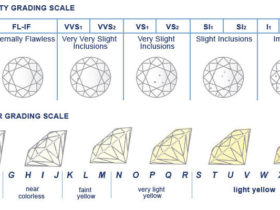



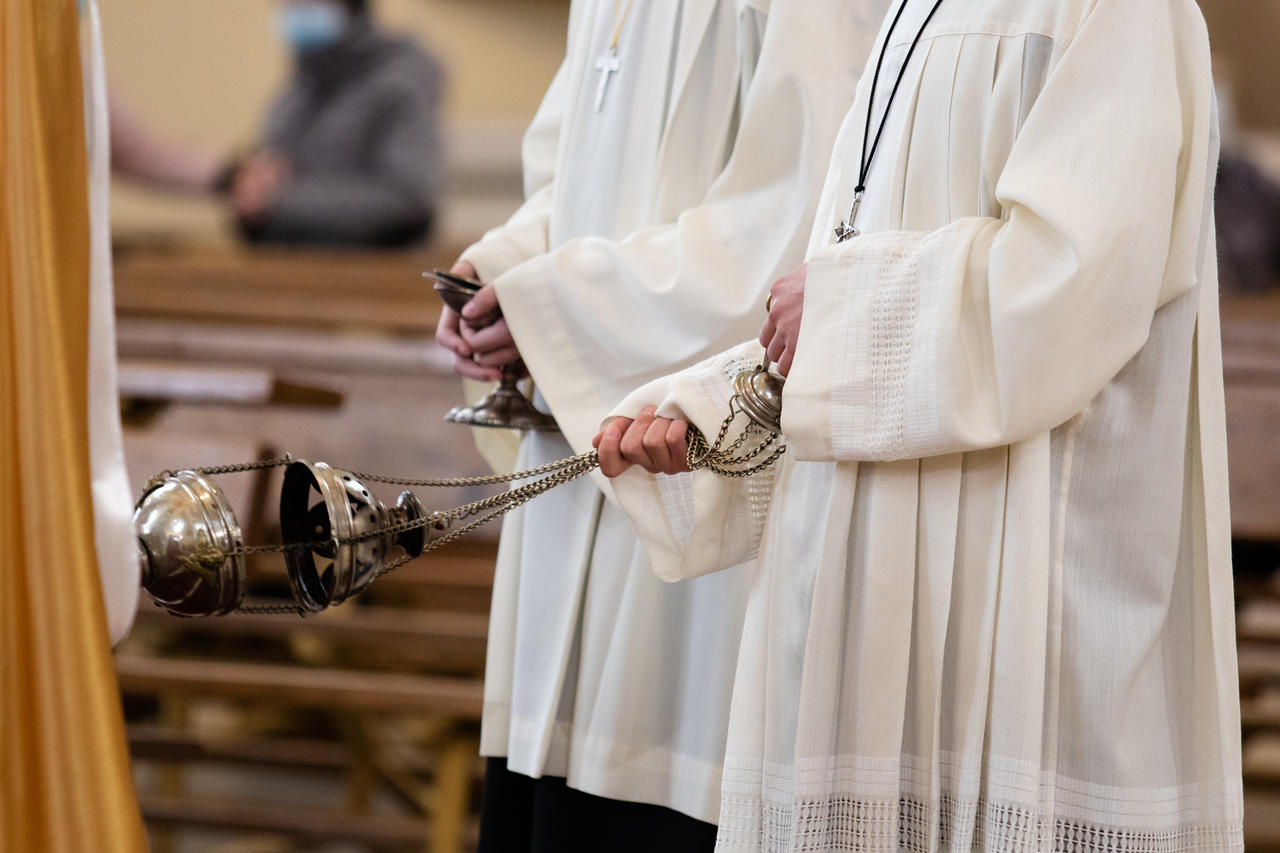
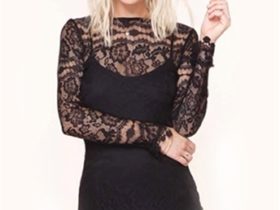


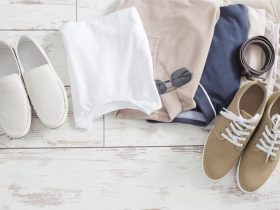


Leave a Reply